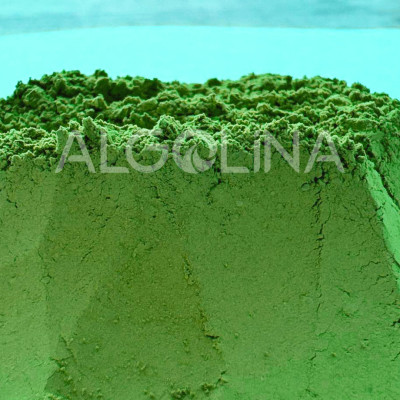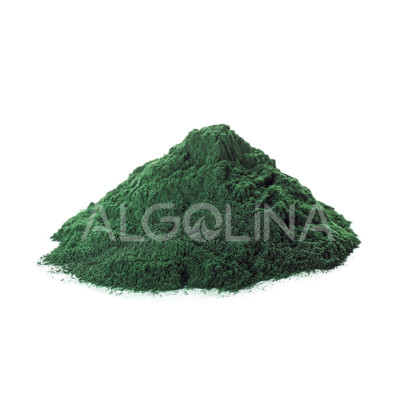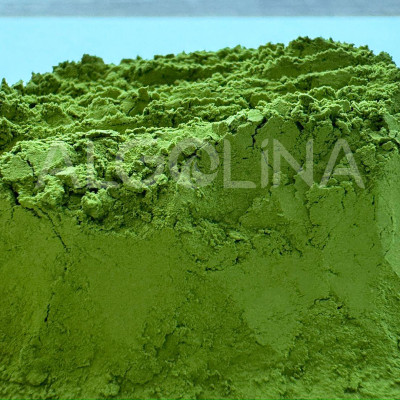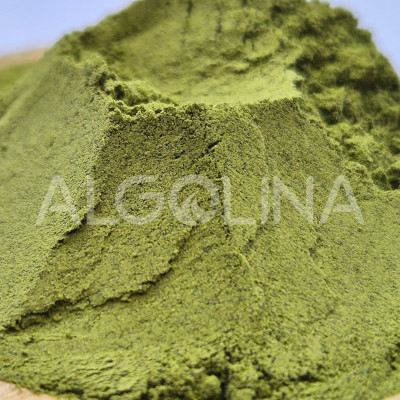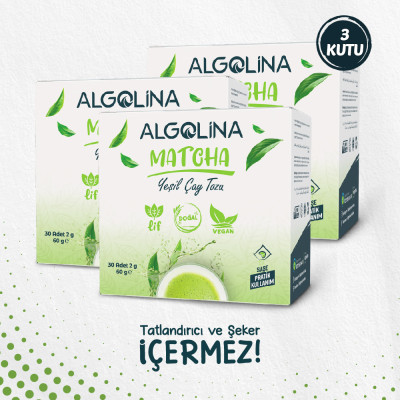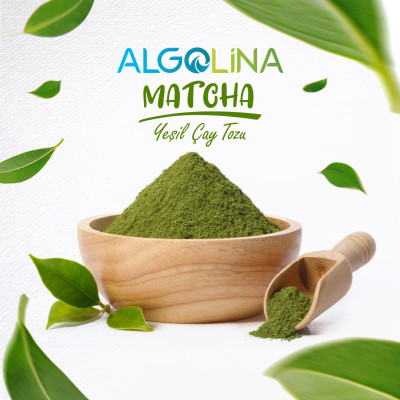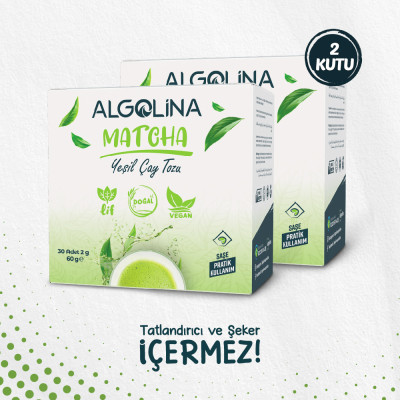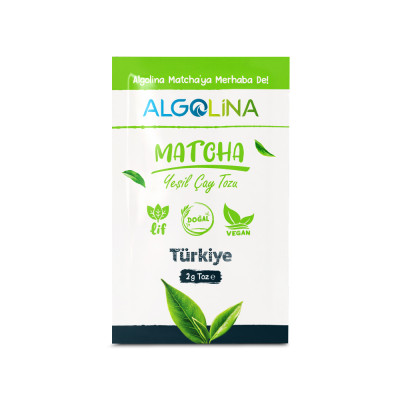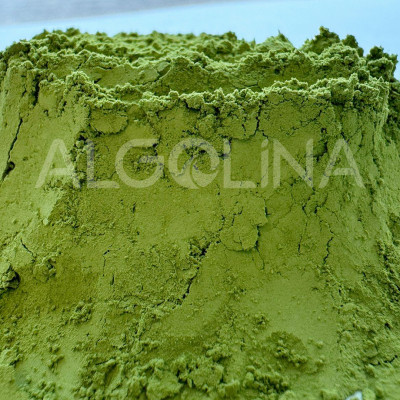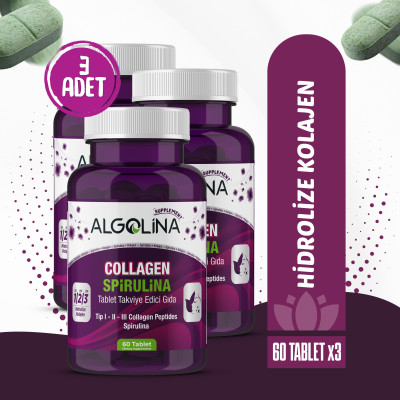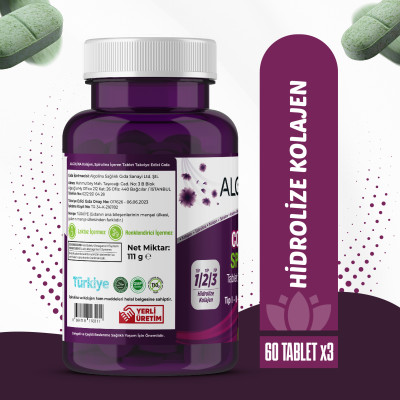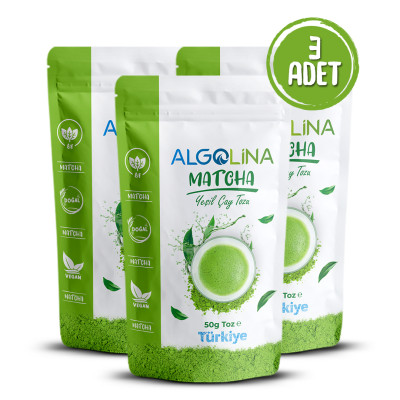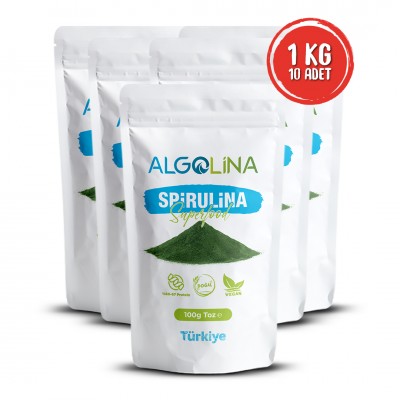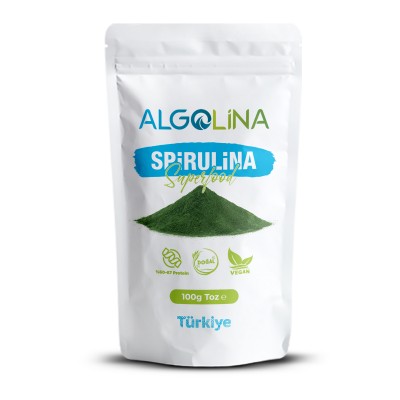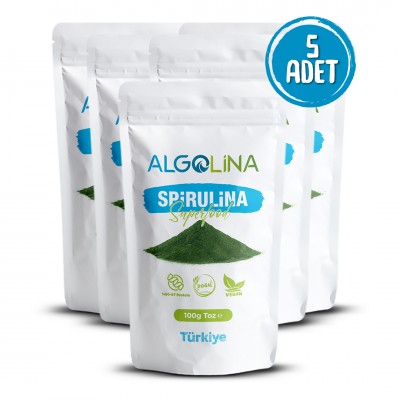Kolajen Nedir ve Neden Kolajen Kullanmalıyız?

Kolajen
Nedir? (Collagen Nedir)
Kolajen, vücudumuzdaki en çok işlevi olan protein türüdür ve cilt, kemikler,
kaslar, tendonlar, saçlar ve tırnaklar dahil olmak üzere birçok farklı dokuda
bulunur. Özellikle cildin elastikiyetini ve genç görünümünü sağlar. Kolajen
ayrıca eklem ve kemik sağlığını desteklemeye yardımcı olur.
Kolajen, proteinin yapı taşları olan amino asitlerden
oluşur. Kolajen yapısında on dokuz farklı amino asit bulunur ve ortalama olarak
kolajendeki toplam amino asitlerin %57’sini glisin, prolin ve hidroksiprolin
oluşturur. (Ayrıca Bknz. https://dergipark.org.tr/tr/download/article-file/687493)
Vücut doğal olarak kolajen üretir, ancak bu üretim dönemsel
olarak ve ilerleyen yaşla birlikte yavaşlar. Bu durum ciltte sarkma ve
kırışıklıkların, eklem ağrılarının ve diğer yaşlanma belirtilerinin ortaya
çıkmasının bir nedenidir.
Kolajen takviyeleri, genellikle sığır derisi, kemikleri veya
balıklardan elde edilen kolajeni içerir ve bu nedenle tablet, kapsül, toz veya
sıvı gibi çeşitli formda bulunabilir. Bu takviyeler, vücutta kolajen
seviyelerini artırmaya ve yaşlanma belirtilerini hafifletmeye yardımcı
olabilir.
Neden Kolajen
(Collagen) Kullanmalıyız?
Kolajen kullanmanın birçok potansiyel faydası vardır, ancak bu
faydalar kişisel sağlık durumunuz, yaşınız ve diğer faktörlere bağlı olarak
değişebilir. İşte genel olarak neden kolajen kullanmanız gerekebileceğine dair
bazı nedenler:
1. Cilt Sağlığı:
- Kolajen, cildin elastikiyetini ve
sıkılığını sağlamak için önemlidir. Yaşlandıkça, cildin doğal kolajen üretimi
azalabilir, bu da kırışıklıkların ve sarkmaların ortaya çıkmasına neden
olabilir.
2. Saç ve Tırnak Sağlığı:
- Kolajen, saçları ve tırnakları
güçlendirmeye yardımcı olabilir.
3. Eklem Sağlığı:
- Kolajen, eklem kıkırdağının yapı
taşıdır. Eklem sağlığı için önemli bir rol oynayarak eklem ağrılarını ve
sertliği azaltabilir.
4. Kemik Sağlığı:
- Kemiklerin büyük bir kısmı
kolajen içerir. Kolajen takviyeleri, kemik yoğunluğunu artırabilir ve
osteoporoz riskini azaltabilir.
5. Kas Kütlesi ve Performansı:
- Kolajen, kasların yapısını destekler ve kas kütlesinin korunmasına yardımcı olabilir. Egzersiz yapan bireylerde kolajen takviyelerinin kas onarıcı süreçlere katkıda bulunduğuna dair bazı araştırmalar bulunmaktadır.
Ancak, herkesin ihtiyaçları farklıdır ve kolajen takviyeleri
kullanmadan önce bir sağlık profesyoneli ile konuşmak her zaman önerilir.
Ayrıca, dengeli bir diyet, sağlıklı bir yaşam tarzı ve düzenli egzersiz de
genel sağlık ve iyi bir kolajen üretimi için önemlidir.
Spirulina ve Kolajen Neden Birlikte Kullanılır?
Spirulina ve kolajen birlikte kullanıldığında, vücuda çeşitli
yararlar sağlayabilirler.
1. Tamamlayıcı Besinler: Spirulina, kolajen üretimini
destekleyen önemli vitaminler ve mineraller dahil olmak üzere yüksek besin
değerine sahiptir. Bunlar arasında protein, demir ve B-vitaminleri bulunur. Bu
bileşenler, kolajenin vücutta doğru şekilde oluşmasına yardımcı olabilir.
2. Cilt Sağlığı: Kolajen, cildin elastikiyetini ve
genç görünümünü sağlamada önemli bir rol oynar. Spirulina içerdiği doğal bileşenler
sayesinde cildin genel sağlığını destekler.
3. Genel Sağlık: Hem spirulina hem de kolajen, genel
sağlık sürecinize katkı sağlarlar. Spirulina içerdiği protein sayesinde enerji artışına katkı sağlayabilir. Kolajen, eklemler, tendonlar, ligamentler ve deri sağlığı için önemlidir.
4. Sindirim Sağlığı: Kolajen, bağırsakların sıkılaşmasına ve
sindirimi iyileşmesine katkı sağlar.
Her iki takviyenin birlikte kullanılması ortak faydasından
ötürü bir arada kullanılması ve birbirini desteklediği düşünülmektedir. Ayrıca
bu iki besin vücudu çeşitli yönlerini destekleyerek genel sağlık sürecine
katkıda bulunabilir. Ancak, her zaman bir uzman ile konuşmalı ve vücudunuzun
belirli ihtiyaçlarına göre bir plan oluşturmalısınız.
Not: İlaç değildir. Hastalıkların önlenmesi veya tedavi edilmesi amacıyla
kullanılmaz. Hamilelik ve emzirme dönemi ile hastalık veya ilaç kullanımlarında
doktorunuza danışın.


